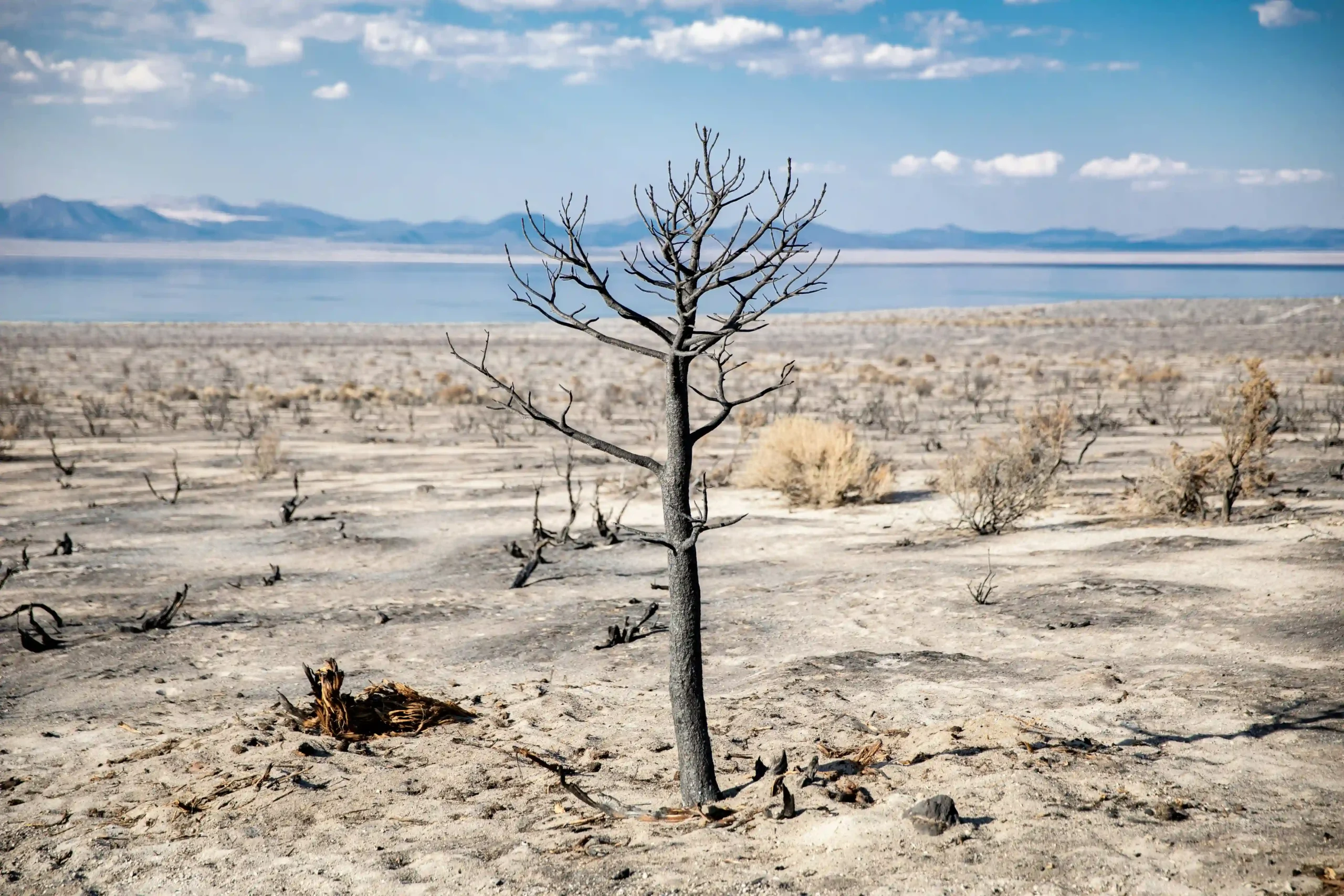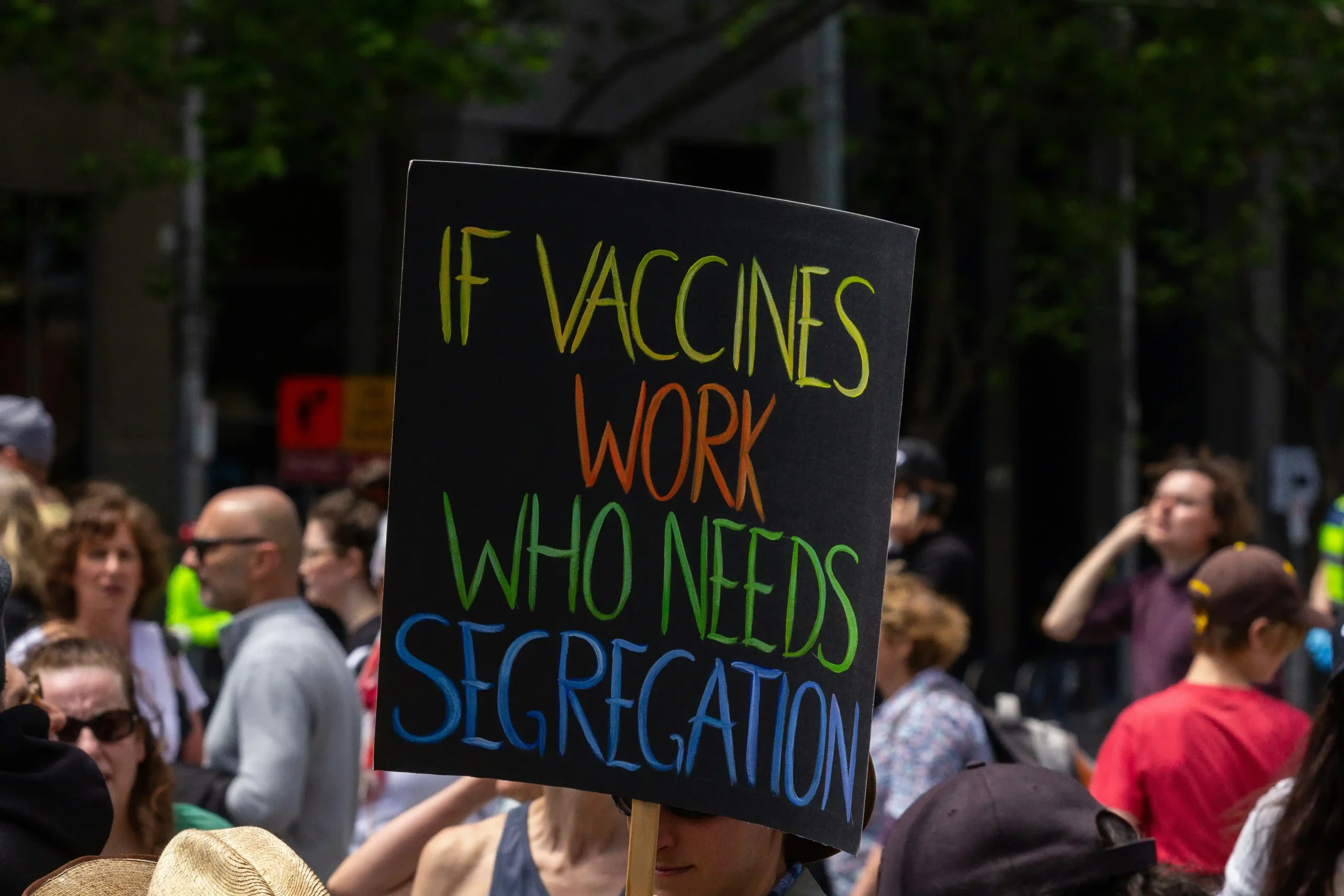Science Careers in 2025: Shaping Tomorrow’s Innovations
By 2025, the global biotechnology market is projected to exceed $1 trillion, while AI-driven industries are set to create 97 million new jobs worldwide. These staggering figures underscore a truth every entrepreneur and innovator must grasp: career opportunities in science fields aren’t just growing—they’re evolving at lightning speed. Whether you’re a marketer eyeing tech-driven campaigns, an entrepreneur seeking cutting-edge ventures, or a professional pivoting into high-impact roles, understanding the science career landscape is no longer optional. This guide dives deep into the most lucrative, transformative, and future-proof career opportunities in science fields, unpacking trends like CRISPR advancements, AI ethics, and green chemistry. You’ll discover actionable pathways to enter these sectors, learn from real-world success stories, and gain access to tools that’ll position you at the forefront of innovation. Ready to future-proof your career? Let’s explore.
The Expanding Landscape of Science Careers
Career opportunities in science fields are no longer confined to lab coats and microscopes. From bioinformatics engineers designing algorithms to predict disease outbreaks to renewable energy architects reimagining urban infrastructure, the sector has exploded into a multifaceted ecosystem. The World Economic Forum predicts that 65% of children entering primary school today will work in roles that don’t yet exist—many anchored in STEM. Take quantum computing: IBM’s 2025 roadmap aims to build a 4,000-qubit system, creating demand for physicists, software developers, and cybersecurity experts who can harness this power. Similarly, the rise of synthetic biology has birthed roles like metabolic engineers and biofabrication specialists. For forward-thinkers, this diversity means one thing: adaptability is key. Whether you’re pivoting from marketing to science communication or launching a climate tech startup, the doors are wide open.
Biotechnology: Leading the Charge in Innovation
Biotech remains a titan among career opportunities in science fields, with CRISPR gene editing and mRNA vaccines rewriting medical playbooks. Companies like Moderna and BioNTech now seek computational biologists to optimize drug delivery systems and AI specialists to analyze genomic data. But biotech isn’t just healthcare—it’s agriculture, manufacturing, and even fashion. For instance, Boston-based Bolt Threads engineers spider silk proteins for sustainable textiles, blending biology with design. By 2025, the sector will need professionals fluent in both lab techniques and business strategy. Roles like bioprocess engineers (projected 7% growth by the U.S. Bureau of Labor Statistics) and bioinformatics analysts ($95,000 average salary) offer stability and impact. Want in? Pair a biology degree with coding skills (Python, R) or pursue certifications in regulatory affairs to navigate FDA approvals.

Artificial Intelligence and Data Science: The New Frontier
When OpenAI’s GPT-4 stunned the world with human-like reasoning, it signaled a seismic shift in career opportunities in science fields. AI isn’t just for tech giants—scientists now use machine learning to model climate patterns, discover新材料, and even predict neurological disorders. Take DeepMind’s AlphaFold, which solved protein-folding puzzles that stumped researchers for decades. Careers here span AI ethics officers ensuring responsible innovation to data visualization experts translating complex findings for policymakers. LinkedIn’s 2025 Emerging Jobs Report lists AI specialists as the #1 fastest-growing role, with salaries exceeding $150,000. To break in, build expertise in TensorFlow or PyTorch, and pair it with domain knowledge (e.g., healthcare AI). Platforms like Kaggle offer free courses to sharpen your competitive edge.
Sustainability Careers: Addressing Climate Challenges
As wildfires and floods dominate headlines, sustainability has become the north star for career opportunities in science fields. The International Renewable Energy Agency (IRENA) estimates that clean energy jobs will hit 38 million by 2025, spanning solar engineers, carbon capture researchers, and circular economy consultants. Startups like CarbonCure inject recycled CO2 into concrete, while corporations like Patagonia hire lifecycle analysts to minimize waste. For marketers, this means crafting campaigns for green tech; for innovators, it’s about devising scalable solutions like hydrogen fuel cells. The EU’s Green Deal and U.S. Inflation Reduction Act funnel billions into these sectors, making roles like environmental data scientists and sustainability project managers hot commodities. Dive into certifications like LEED or SASB’s sustainability accounting to stand out.
Essential Skills for 2025 Science Professionals
Technical prowess alone won’t cut it in tomorrow’s career opportunities in science fields. Employers now seek “T-shaped” professionals: deep expertise in one area (e.g., genomics) paired with interdisciplinary skills like coding, design thinking, and policy advocacy. A 2025 IBM study found that 50% of roles will require AI literacy, while 40% demand advanced data interpretation. Soft skills matter too—science communicators must distill complex concepts for TikTok audiences, and project managers need agility to pivot with funding shifts. Platforms like Coursera offer nanodegrees in quantum machine learning or bioinformatics. Pro tip: Join hackathons or citizen science projects (e.g., Zooniverse) to gain hands-on experience and network with mentors.
Navigating Your Path: Education and Networking Tips
Landing top career opportunities in science fields hinges on strategic education and connections. While PhDs remain valuable for R&D roles, bootcamps and microcredentials are democratizing access. For example, Johns Hopkins’ AI in Healthcare specialization on Coursera has placed graduates into roles at Mayo Clinic and GE Healthcare. Networking is equally vital: attend conferences like CES (Consumer Electronics Show) for tech trends or BIO International for biotech partnerships. LinkedIn groups like “Future of Science” or “Climate Innovators” offer insider job postings and peer advice. Lastly, leverage freelance platforms: Toptal connects data scientists with startups, and Kolabtree pairs researchers with freelance biostatisticians. Remember, your next breakthrough could begin with a single LinkedIn message or a bold application to a Y Combinator startup.
Conclusion: Seize Your Place in Science’s Next Chapter
The career opportunities in science fields aren’t just jobs—they’re launchpads for solving humanity’s greatest challenges. Whether you’re engineering drought-resistant crops or developing AI ethics frameworks, your work will shape industries and lives. As 2025 unfolds, prioritize adaptability: upskill through microlearning, embrace interdisciplinary collaboration, and stay curious. The future belongs to those who can merge scientific rigor with entrepreneurial grit. So, what’s your move? Dive into a biotech accelerator? Master Python for machine learning? Or mentor the next generation of female coders? Whatever your path, start today. Share your vision with us and join the vanguard of innovators rewriting the rules. The lab coat is optional; the impact isn’t.










